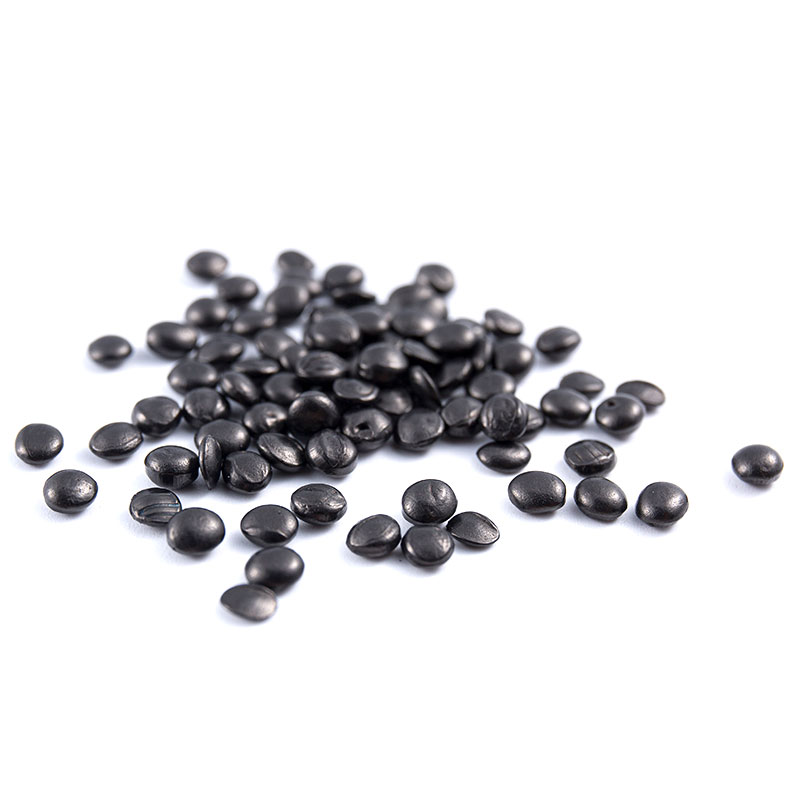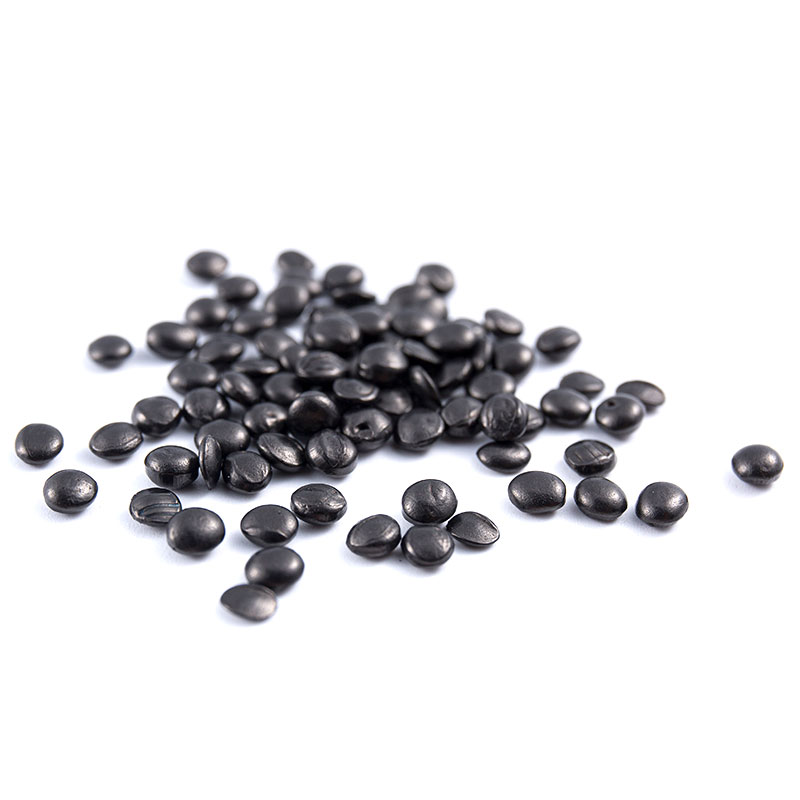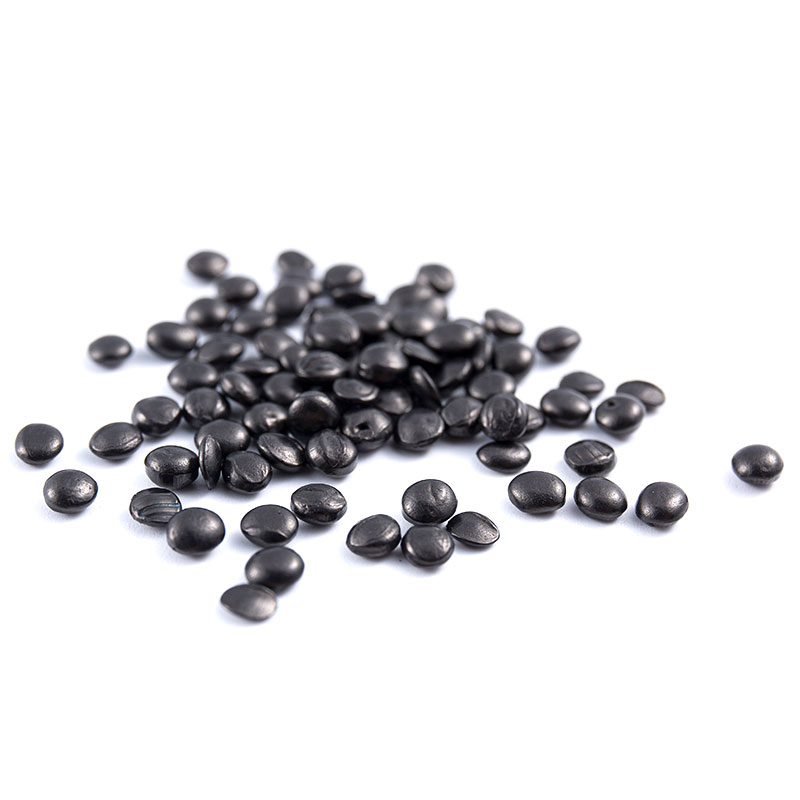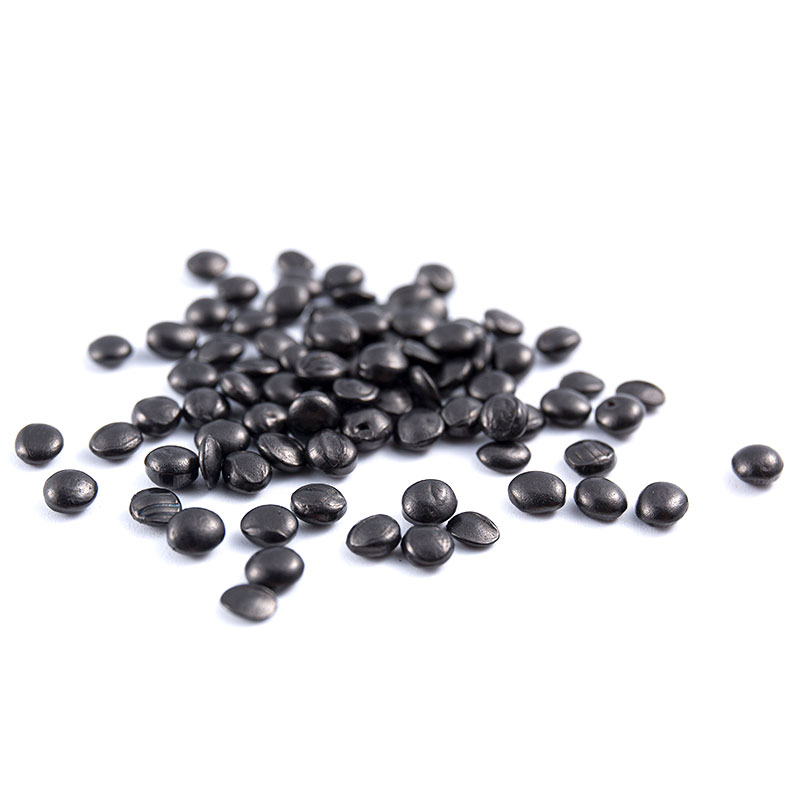Is injection & extrusion black masterbatch suitable for environmentally friendly or recycled material systems?
Injection & Extrusion Black Masterbatch in Modern Polymer Processing
Injection & extrusion black masterbatch is widely applied in multiple polymer conversion scenarios, including molded components, protective housings, packaging structures and engineering profiles. Its function extends beyond simple coloration; it also contributes to light-blocking, surface uniformity and stability during processing. As more processors shift toward environmentally friendly formulations, the compatibility of black masterbatch with recycled or bio-based systems has become a key consideration.
For companies like E-LUCK, whose black masterbatch solutions emphasize controlled dispersion, cleanliness and batch-to-batch consistency, the question is not only whether such products can function in sustainable systems, but how they can improve the reliability of these systems despite inherent material variability.
Interaction Between Black Masterbatch and Recycled Polymer Matrices
Recycled polymers often carry variations in melt flow rate, residual contaminants, reprocessing history and color undertones. When injection & extrusion black masterbatch is introduced into these matrices, its dispersion efficiency significantly affects the visual and mechanical outcomes.
E-LUCK’s approach focuses on forming uniform carbon black networks inside the melt to minimize streaking, plate-out or viscosity spikes, which are common concerns in recycled streams. Because recycled materials may carry inconsistent polymer chains, the masterbatch must maintain stable performance across a wide viscosity window. This requirement makes controlled rheology and carefully balanced carrier resins essential for stable production.
Carrier Resin Selection and Its Influence on Environmental Compatibility
The carrier system used in injection & extrusion black masterbatch directly determines its adaptability to environmentally friendly materials. A well-selected carrier should blend seamlessly with virgin or recycled matrices without producing melt separation.
To support sustainability-oriented processors, E-LUCK evaluates carrier options based on melt compatibility, filtration cleanliness and processing temperature ranges. Whether the downstream application involves recycled polyethylene, polypropylene or mixed polyolefin systems, maintaining consistent flow characteristics reduces the risk of downtime or surface defects. Selecting a carrier resin that mirrors the recyclate’s structure also facilitates mechanical recyclability of the final product, which is important for circular manufacturing strategies.
Influence of Carbon Black Type on Sustainable Polymer Systems
Carbon black contributes to tint strength, UV stability and opacity. In environmentally friendly or recycled systems, its structure and surface activity matter.
Low-structure carbon blacks tend to disperse more smoothly in inconsistent recycled matrices, while medium-structure versions offer better light-shielding. To address different sustainability-driven applications, E-LUCK tailors the carbon black grade to balance dispersion and performance. This prevents excessive shear heating, reduces wear on processing equipment, and avoids the formation of agglomerates that would otherwise reduce the recyclate’s functional value.
Dispersion Requirements for Recycled Material Processing
Recycled materials often carry microscopic impurities that interfere with pigment distribution. A stable injection & extrusion black masterbatch must achieve fine, uniform dispersion even when the melt contains contaminants or degraded polymer chains.
E-LUCK integrates advanced dispersion technology to maintain small particle clusters that are resistant to re-agglomeration during processing. This stability is crucial for color consistency, since recycled materials typically vary in shade or residual hue. Improved dispersion also contributes to smoother surface finishes, aligning sustainable materials with industry expectations for appearance.
Environmental Considerations in Injection Molding Applications
Injection molding of sustainable polymers introduces specific challenges—including heat sensitivity, flow instability and dimensional variation. The black masterbatch must not intensify these issues.
E-LUCK’s injection-grade black masterbatch formulations are engineered to maintain processing stability across broad thermal ranges. This is important because recycled materials may degrade more quickly during repeated heat exposure. By using a balanced additive composition, the masterbatch supports mold flow uniformity, reducing weld line visibility and internal stress formation. These qualities help processors maintain cycle efficiency while meeting sustainability targets.
Environmental Considerations in Extrusion Processes
Extrusion lines for pipes, profiles and films require continuous, vibration-free running to maintain uniform wall thickness and dimensional stability. Recycled materials may cause gauge variation or melt fracture.
Injection & extrusion black masterbatch must therefore support stable output and predictable melt behavior. E-LUCK designs its extrusion-grade series with optimized lubricity and controlled shear response to fit these needs. This helps reinforce consistency during long runs, especially for applications such as agricultural pipes or protective sleeves where recycled polyolefins are frequently used. The enhanced melt uniformity also helps ensure that the final products remain structurally reliable and visually consistent.
Compatibility with Bio-Based Materials and Emerging Green Polymers
Beyond recycled polymers, many manufacturers experiment with bio-based resins such as PLA, bio-PE and starch-blend materials. These polymers have unique thermal and degradation behaviors, requiring cautious additive selection.
Injection & extrusion black masterbatch intended for bio-based materials must be processed at lower temperatures, possess controlled migration characteristics and maintain predictable shelf stability. E-LUCK performs compatibility assessments on such materials to ensure that its masterbatch solutions do not accelerate thermal degradation or disrupt compostability requirements. Because bio-resins tend to be more expensive, a stable masterbatch also helps reduce scrap waste.
Benefits of Using Injection & Extrusion Black Masterbatch in Eco-Focused Systems
A well-designed black masterbatch brings several advantages to environmentally oriented processes. It helps improve the optical quality of recycled materials and supports color masking for feedstock variability. It also stabilizes processing behavior across different batches of recyclates.
E-LUCK focuses on delivering black masterbatch solutions that maintain consistency in tint strength, dispersion and thermal stability, enabling manufacturers to rely on recycled content without encountering frequent quality fluctuations. This encourages broader industry adoption of sustainable polymers.
Common Challenges and Technical Solutions
Although injection & extrusion black masterbatch can function effectively in recycled or eco-friendly systems, several challenges require attention. These include:
— Variability in recycled polymer viscosity
— Presence of fines, fillers or contaminant particles
— Inconsistent color undertones
— Thermal degradation from repeated processing
E-LUCK addresses these concerns by adjusting carrier resin fluidity, optimizing dispersion agents and conducting filtration tests. The company’s quality system tracks key parameters to ensure each batch integrates smoothly into sustainable processing conditions.
Below is an example table summarizing typical challenges and corresponding technical considerations:
| Challenge |
Effect on Processing |
Considerations for Black Masterbatch |
| Variable recyclate viscosity |
Flow instability |
Controlled rheology carrier resin |
| Contaminant particles |
Dispersion interference |
Fine dispersion and filtration stability |
| Residual base color |
Inconsistent appearance |
Strong but balanced tint strength |
| Thermal sensitivity |
Degradation risk |
Formulation adaptable to lower processing temperatures |
Influence of Quality Systems on Green Manufacturing Outcomes
For environmentally friendly systems, consistent masterbatch quality is essential. Batch-to-batch differences can magnify inconsistencies already present in recycled materials.E-LUCK maintains a rigorous quality system to manage dispersion, pigment concentration and carrier resin purity. These practices support stable integration into recycled or bio-based matrices. In sustainable production lines where operators must closely monitor process stability, predictable masterbatch performance reduces adjustment time and supports more efficient energy usage.
Detailed Comparison of Requirements for Virgin vs. Recycled Polymers
The performance requirements for black masterbatch vary depending on whether the target material is virgin or recycled. Virgin polymers typically exhibit predictable rheology, while recycled ones demand greater formulation flexibility.
The table below illustrates some of these distinctions:
| Attribute |
Virgin Polymer Systems |
Recycled Polymer Systems |
| Melt flow consistency |
High |
Variable |
| Color undertone |
Neutral |
May include residual hues |
| Thermal history |
Single |
Multiple cycles |
| Additive compatibility |
Predictable |
Must accommodate variability |
| Required masterbatch flexibility |
Moderate |
High |

 English
English Español
Español

















